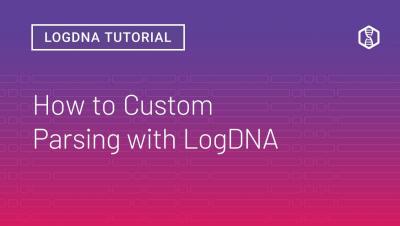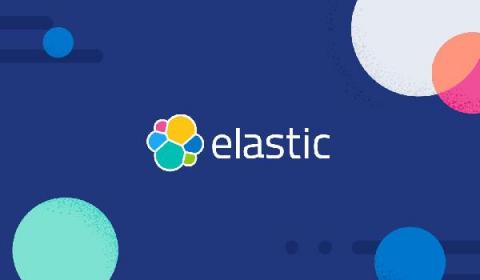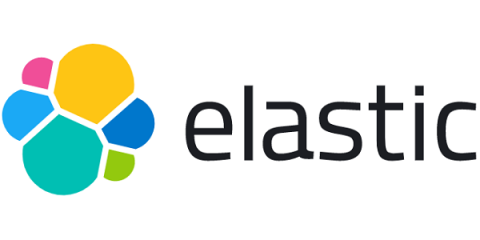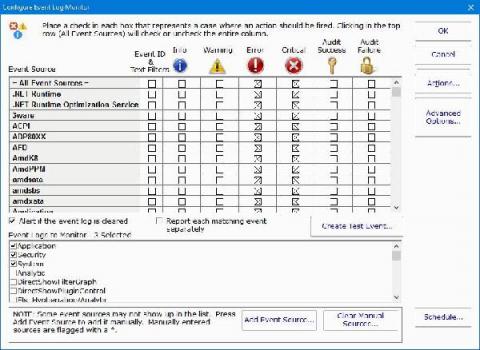Operations | Monitoring | ITSM | DevOps | Cloud
Logging
The latest News and Information on Log Management, Log Analytics and related technologies.
Tutorial | How to Custom Parsing with LogDNA
Tutorial | How to use LogDNA Screens
Aggregating Application Logs From EKS on Fargate
Elastic recognized as a Challenger in the 2021 Gartner Magic Quadrant for Insight Engines
We’re excited to announce that, as a new entrant in the 2021 Gartner Magic Quadrant for Insight Engines, Elastic has been recognized as a Challenger. You can download the complimentary report today. Read on to learn more about creating powerful, modern search experiences with Elastic Enterprise Search.
Now is the time for Sumo!
How to Understand Log Levels
More than once, I’ve heard experienced software developers say that there are only two reasons to log: either you log Information or you log an Error. The implication here is that either you want to record something that happened or you want to be able to react to something that went wrong. In this article, we’ll take a closer look at logging and explore the fact that log levels are more than just black or red rows in your main logging system.
Hunting for Lateral Movement using Event Query Language
Lateral Movement describes techniques that adversaries use to pivot through multiple systems and accounts to improve access to an environment and subsequently get closer to their objective. Adversaries might install their own remote access tools to accomplish Lateral Movement, or use stolen credentials with native network and operating system tools that may be stealthier in blending in with normal systems administration activity.
Microservices vs. Serverless Architecture
How to Configure PA Server Monitor to Monitor Your Event Logs
Did you know that you could configure PA Server Monitor’s Event Log Monitor feature to monitor one or more of your event logs? The event logs can include standard application, security, and system logs, as well as any custom event logs you want to monitor. With our server monitoring software, you have complete control and flexibility over the types of events you want to monitor.











